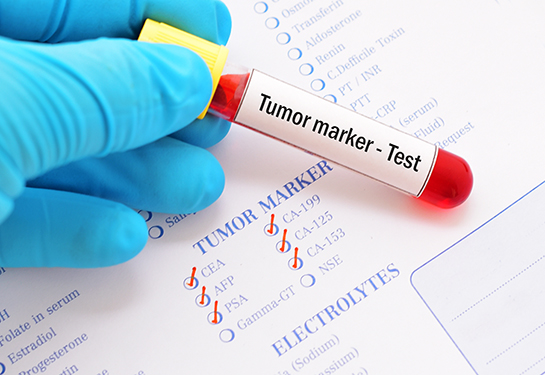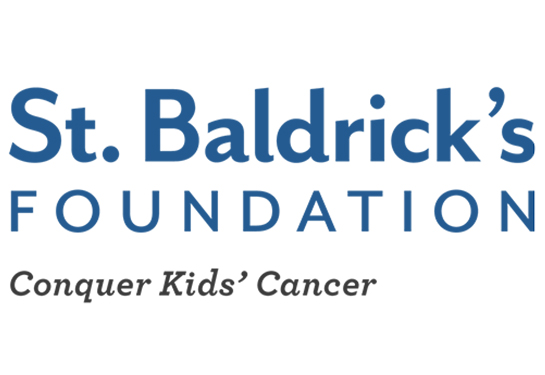Biomarkers hold clue in treating aggressive prostate cancer
Clinical trial tests new treatment approach, offers hope for personalized therapies
Many men with aggressive prostate cancer can experience a high rate of recurrence despite treatment.
A new Phase 2 clinical trial at UC Davis Comprehensive Cancer Center unveiled clues as to why these patients are doing poorly and may offer hope in the form of targeted therapy.
The findings will be presented at the annual American Society of Clinical Oncology (ASCO) conference on June 3 in Chicago. .
Pilot trial sheds new clues
UC Davis Comprehensive Cancer Center is testing a drug called niraparib (ZEJULA), given before prostate cancer surgery. Researchers think it could enable more personalized treatments— especially for men with prostate cancer that has specific DNA repair gene mutations.
The pilot trial (NCT04030559) looked at whether giving the PARP inhibitor niraparib before surgery could help prevent cancer from returning in men with aggressive prostate cancer.
This study shows how complex prostate cancer can be, especially in men with certain gene mutations.”—
A total of 11 men with high-risk prostate cancer and certain biomarkers, specifically gene mutations, took part in the study. Each patient received 200 mg of niraparib daily for 90 days before undergoing surgery.
The study group had a median age of 68 years and a median prostate-specific antigen (PSA) at diagnosis of 10.7 ng/mL. Genetic alterations included germline mutations in BRCA2, MSH6, and CHEK2, and somatic mutations in ATM, SPOP, KMT2C, KMT2D, among others. Germline mutations in DNA are inherited while somatic mutations happen after conception.
Outcome shows the complexity of prostate cancer
While the drug didn’t dramatically shrink tumors before surgery, the study showed the potential of using genetic testing and blood-based monitoring to better understand and track prostate cancer. Notably, circulating tumor DNA (ctDNA) biomarker analysis proved useful in tracking tumor evolution and resistance mechanisms in real time. ctDNA is small fragments of DNA that cancer cells release into the bloodstream.
“This study shows how complex prostate cancer can be, especially in men with certain gene mutations,” said Marc Dall’Era, chief of UC Davis Health’s Department of Urologic Surgery and lead researcher. “Although responses were variable, especially in patients with BRCA2 mutations, this study points to ctDNA as a promising tool to identify who might benefit from targeted neoadjuvant therapies.”
The research team is now continuing to analyze the data to better understand why some cancers resist treatment and how to design future therapies that are more tailored to each individual.
Other researchers included Primo Lara Jr.,Nicholas Mitsiades, Mamta Parikh, John McPherson and Kenneth Iczkowski, Irene Mitsiades and Aedric Lim.
Jannsen Pharmaceuticals funded the clinical trial.
UC Davis Comprehensive Cancer Center
UC Davis Comprehensive Cancer Center is the only National Cancer Institute-designated center serving the Central Valley and inland Northern California, a region of more than 6 million people. Its specialists provide compassionate, comprehensive care for more than 100,000 adults and children every year and access to more than 200 active clinical trials at any given time. Its innovative research program engages more than 240 scientists at UC Davis who work collaboratively to advance discovery of new tools to diagnose and treat cancer. Patients have access to leading-edge care, including immunotherapy and other targeted treatments. Its Office of Community Outreach and Engagement addresses disparities in cancer outcomes across diverse populations, and the cancer center provides comprehensive education and workforce development programs for the next generation of clinicians and scientists. For more information, visit cancer.ucdavis.edu.





